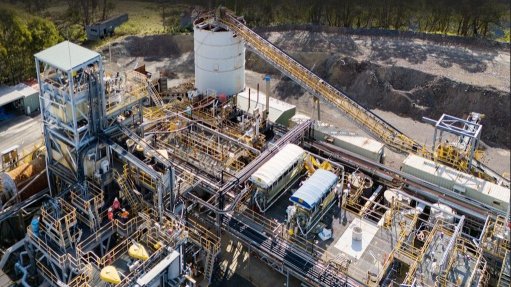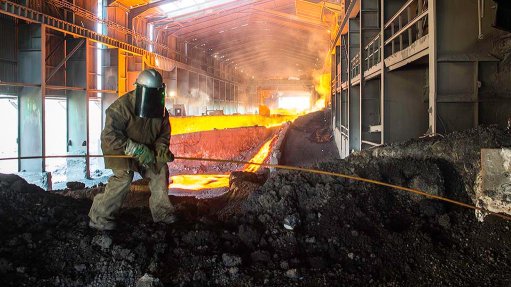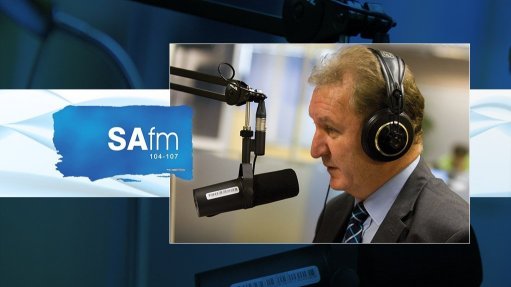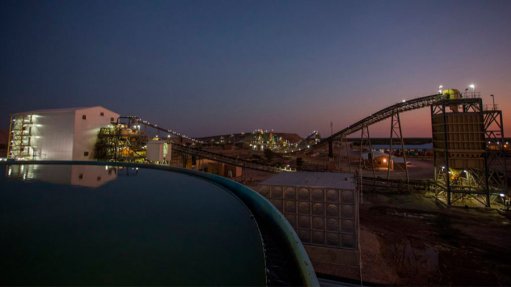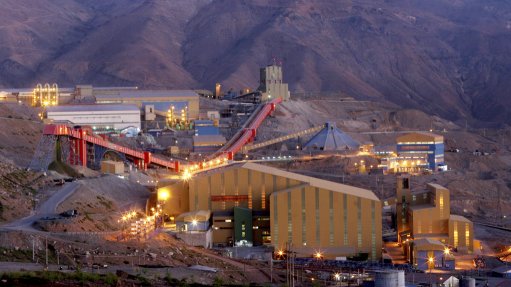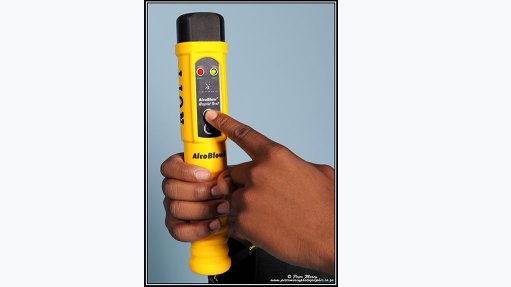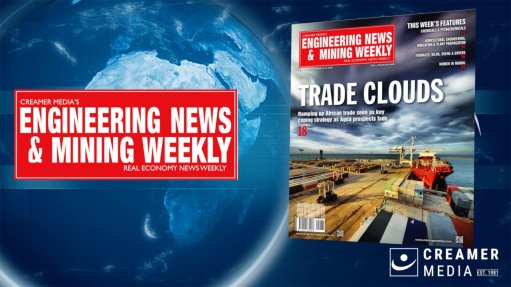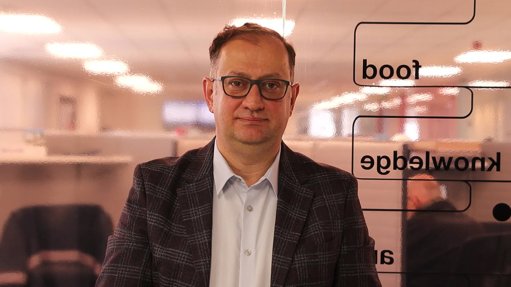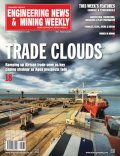Council pushes for continued best practice


POWERING THE FUTURE Decarbonising our energy sources is vital to the global move to a greener economy
For South Africa to remain competitive amid the global drive to a greener economy, its mining sector must continue its efforts to decarbonise and respond better to shifting value pools.
“It must also adapt and build resilience to local climate change impacts while ensuring a just transition,” says mining employers’ organisation Minerals Council South Africa environment head Stephinah Mudau.
South Africa has adopted relatively comprehensive legislation, policies and regulations regarding mine environmental management and sustainability to ensure that mining happens in an environmentally sound and responsible manner.
She enthuses that the sector, and Minerals Council members in particular, have made significant achievements in adopting and implementing programmes and available national and international best practices to ensure environmental sustainability and responsible mining.
“Every attempt has been made to adopt measures to go beyond the legal requirements to ensure that mining’s potential impact on the environment is minimised, mitigated and avoided where feasible,” she says.
This is coupled with ongoing rehabilitation to reduce post closure liabilities and implementation of mine closure plans.
“The contribution of renewable-energy technologies, including wind, solar photovoltaic (PV) and concentrated solar power in the mining industry, increased in 2021 to a total of 5.7 GW installed capacity and contributed about 6.6% of the total energy mix.”
Moreover, very little general waste from mining ends up in landfill because significant efforts have been directed towards waste avoidance, minimisation through recycling, reuse and further value-adds, as well as the industry’s adoption of a circular economy.
Net-Zero Hero
Minerals Council has committed to net-zero greenhouse gases (GHG) emissions by 2050, and accordingly committed to participating in a just transition to a net-zero carbon economy, prioritising GHG emission reductions initiatives and climate-resilient development.
“In cementing the Mineral Council’s position on climate change, a plan of action has been developed and approved by the board, and will be launched to the public in due course,” says Mudau.
The position solidifies the current members’ activities by further proposing the adoption of actions to achieve a variety of commitments, including developing and implementing a climate change response that reduces Scope 1 and Scope 2 GHG emissions to achieve a net-zero emissions ambition by 2050 or earlier.
This includes the implementation of mitigation and adaptation mechanisms into business and mining operations.
The sector must build capacity to support the achievement of these commitments while integrating the management of climate solutions into in-house management practices.
Mudau stresses that collaboration with business and supply chain partners to support the reduction of Scope 3 emissions, and the adoption of resilient management approaches, is integral to its success.
The mining sector must contribute to the just energy transition efforts for net-zero carbon and to the socioeconomic development of affected communities, including the development of opportunities in alternate industries as part of mine closure planning process.
Minerals Council stresses that it is paramount to focus on building host communities’ resilience as part of future planning, which includes raising public awareness on the impacts of climate change and actions taken in response.
Consequently, it has developed a guideline to assist members in developing their operations’ specific climate change plans and strategies to live up to the commitments.
Mudau points out that the majority of its members have, over the years, integrated the United Nations’ Sustainable Development Goals (SDGs) – which resulted from the World Summit on Sustainable Development – into their practices and operations.
The integration of SDGs in the core business activities of mining companies has not only benefited the companies in terms of obtaining social acceptance by mining communities but is also a sustainable practice for realising the shared value for all mining industry stakeholders.
While there is room for continual improvements the prevailing practices signal that South African operations could compare “very well” with global standards, she concludes.
Comments
Press Office
Announcements
What's On
Subscribe to improve your user experience...
Option 1 (equivalent of R125 a month):
Receive a weekly copy of Creamer Media's Engineering News & Mining Weekly magazine
(print copy for those in South Africa and e-magazine for those outside of South Africa)
Receive daily email newsletters
Access to full search results
Access archive of magazine back copies
Access to Projects in Progress
Access to ONE Research Report of your choice in PDF format
Option 2 (equivalent of R375 a month):
All benefits from Option 1
PLUS
Access to Creamer Media's Research Channel Africa for ALL Research Reports, in PDF format, on various industrial and mining sectors
including Electricity; Water; Energy Transition; Hydrogen; Roads, Rail and Ports; Coal; Gold; Platinum; Battery Metals; etc.
Already a subscriber?
Forgotten your password?
Receive weekly copy of Creamer Media's Engineering News & Mining Weekly magazine (print copy for those in South Africa and e-magazine for those outside of South Africa)
➕
Recieve daily email newsletters
➕
Access to full search results
➕
Access archive of magazine back copies
➕
Access to Projects in Progress
➕
Access to ONE Research Report of your choice in PDF format
RESEARCH CHANNEL AFRICA
R4500 (equivalent of R375 a month)
SUBSCRIBEAll benefits from Option 1
➕
Access to Creamer Media's Research Channel Africa for ALL Research Reports on various industrial and mining sectors, in PDF format, including on:
Electricity
➕
Water
➕
Energy Transition
➕
Hydrogen
➕
Roads, Rail and Ports
➕
Coal
➕
Gold
➕
Platinum
➕
Battery Metals
➕
etc.
Receive all benefits from Option 1 or Option 2 delivered to numerous people at your company
➕
Multiple User names and Passwords for simultaneous log-ins
➕
Intranet integration access to all in your organisation







